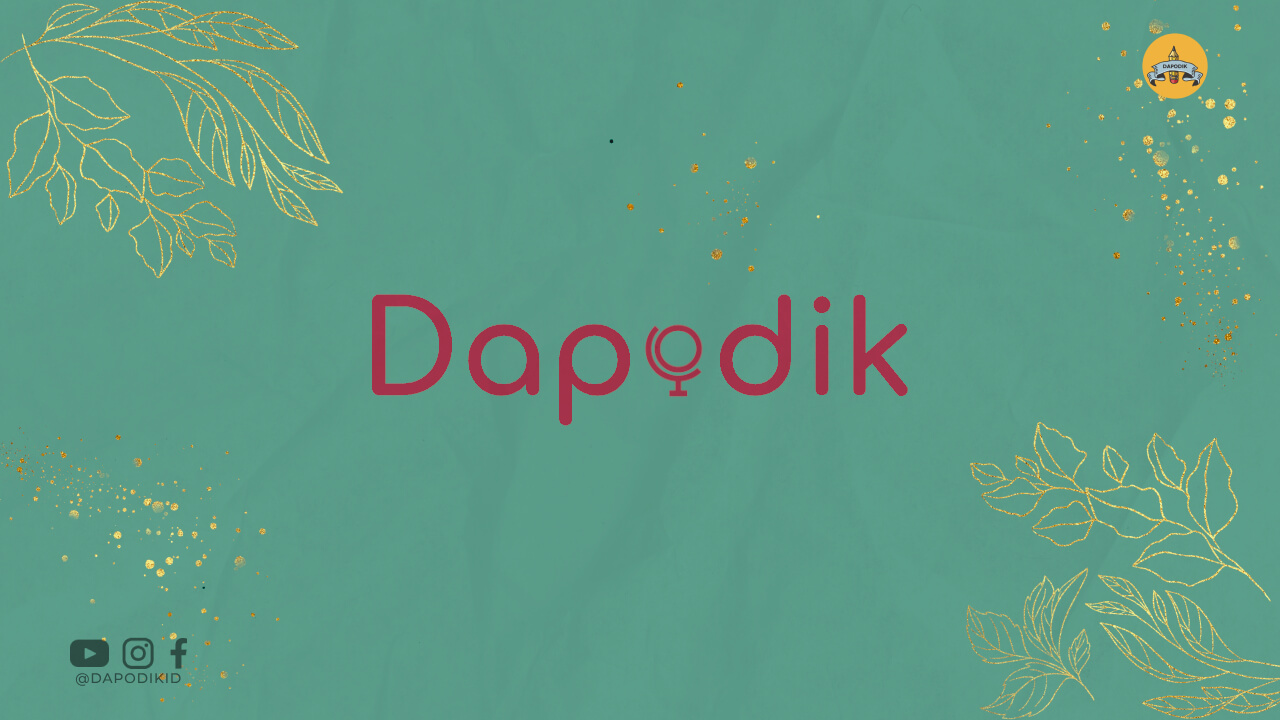Introduction
Facebook, founded by Mark Zuckerberg in 2004, has become an integral part of our lives. With over 2.8 billion monthly active users, it has revolutionized the way we connect with others, share information, and engage with the online world. In this article, we will explore the various aspects of Facebook and how it has transformed the social media landscape.
History and Growth
Facebook started as a platform exclusively for Harvard University students and quickly expanded to other universities. In 2006, it became accessible to anyone over the age of 13 with a valid email address. Since then, its popularity has skyrocketed, attracting users from all walks of life. Today, Facebook is not just a social networking site; it has evolved into a global phenomenon.
Connecting People
One of Facebook’s primary goals is to connect people, regardless of their geographical location. Through the platform, users can find friends, family, and acquaintances, and stay connected with them through messages, photos, and videos. The ability to create and join groups based on shared interests further enhances the sense of community on Facebook.
News Feed and Timeline
The News Feed feature on Facebook allows users to see updates from their friends and pages they follow. It provides a personalized stream of content, including photos, status updates, and links, tailored to each user’s interests. The Timeline feature chronologically displays a user’s posts, photos, and activities since joining Facebook, creating a digital scrapbook of their life.
Privacy and Security
Facebook has faced criticism regarding privacy concerns, but the platform has taken significant steps to address these issues. Users have control over their privacy settings, allowing them to choose who can view their posts and personal information. Additionally, Facebook employs advanced security measures to protect user data from unauthorized access.
Facebook Messenger
Facebook Messenger is a standalone messaging app that allows users to communicate with their Facebook friends. It offers features such as voice and video calls, group chats, and the ability to send photos and files. With Messenger, users can stay connected, even when they are not actively using Facebook.
Business and Advertising
Facebook provides a platform for businesses to reach their target audience through targeted advertising. With its vast user base and detailed demographic information, businesses can create highly specific ad campaigns. Facebook Ads allow businesses to increase brand awareness, drive website traffic, and generate leads, making it an invaluable tool for marketers.
Facebook Pages and Groups
Facebook Pages are designed for businesses, organizations, and public figures to promote their brand and engage with their audience. They offer features like event creation, customer reviews, and the ability to showcase products and services. Facebook Groups, on the other hand, foster communities based on shared interests, allowing like-minded individuals to connect and collaborate.
Entertainment and Media
Facebook is not just a platform for connecting with others; it is also a hub for entertainment and media consumption. Users can discover and follow their favorite celebrities, artists, and news outlets to stay updated. Facebook Watch provides a platform for original video content, including shows, live events, and user-generated videos, catering to a diverse range of interests.
Mobile App and Accessibility
Facebook’s mobile app allows users to access the platform on the go, making it even more convenient and accessible. The app offers a seamless browsing experience, with all the features available on the desktop version. Facebook Lite, a lightweight version of the app, is designed for users with slower internet connections or older devices, ensuring inclusivity.
Conclusion
Facebook has undoubtedly revolutionized the way we connect, communicate, and consume information. It has become an integral part of our daily lives, enabling us to stay connected with friends and family, discover new interests, and engage with the wider online community. Despite the challenges, Facebook continues to evolve, adapt, and shape the future of social media as we know it.

